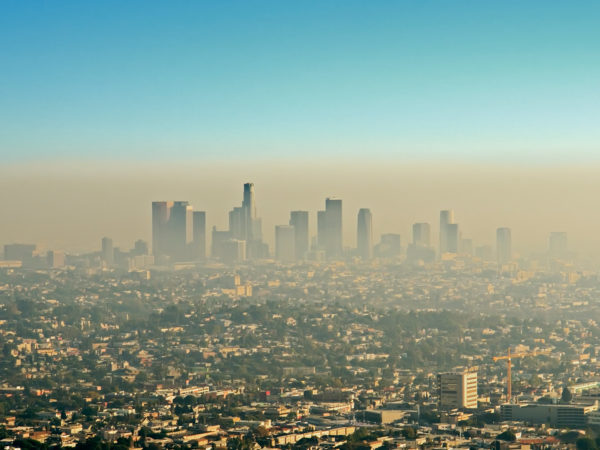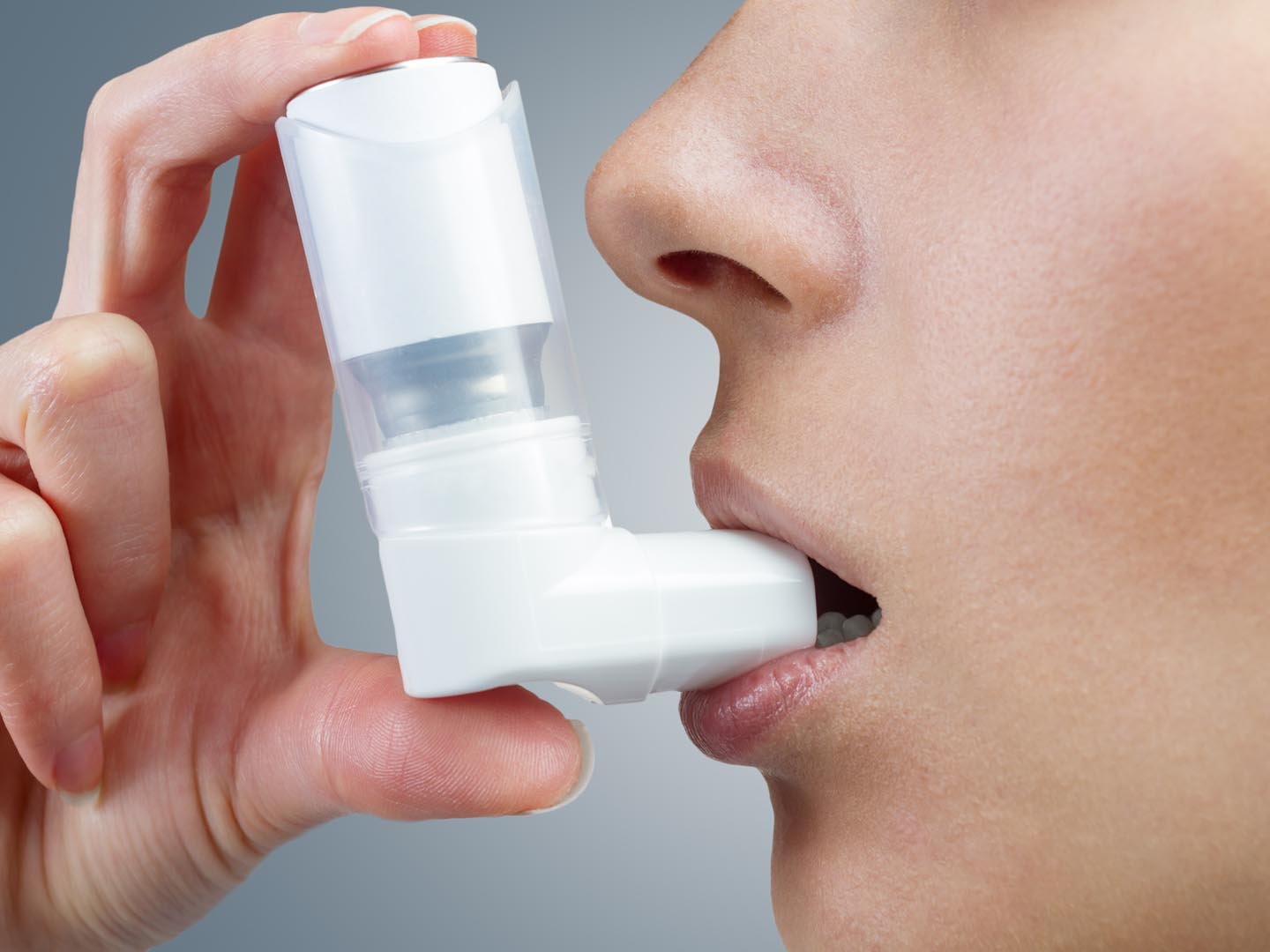Is Air Pollution Killing Us?
I understand that global air pollution can cut years off our life. If this is true, is there anything we can do to reduce our personal risks?
Andrew Weil, M.D. | October 12, 2018

A new study has found that air pollution around the world is shaving years off human life. Researchers from the Cockrell School of Engineering at the University of Texas at Austin calculated that the loss per person worldwide is more than a year. They looked at air pollution and its consequences in 185 countries, then calculated the impact in terms of life expectancy on each population.
The type of pollution analyzed was ambient fine particulate matter smaller than 2.5 microns: tiny particles that are 30 times smaller in width than a human hair. This type of pollution comes from power plants, vehicle exhaust and fires, as well as from agricultural and industrial emissions. The particles can penetrate deep into the lungs; exposure to them is linked to increased risks of heart attack, stroke, respiratory disease and cancer.
Study leader Joshua Apte, Ph.D., an assistant professor of environmental engineering, said reducing this type of pollution could have a health effect considerably larger than “the benefit in survival we might see if we found cures for both lung cancer and breast cancer combined.” His team found that air pollution is responsible for the deaths of 90,000 Americans and 1.1 million Indians each year and that on average, as a result of pollution, people around the world live 12 months less than they would have otherwise.
Air pollution reduces the life span of the average Egyptian by 1.9 years, the average Indian by 1.5 years and the average Russian by about nine months. In the U.S., pollution will shorten the life expectancy of a baby born today by a little more than four months. The team also calculated that without air pollution, 60-year-olds in much of Asia would have a 15 to 20 percent higher chance of living to age 85 or older.
These new findings add to what we already know about the toll fine particulate matter takes on health. Although the study report didn’t suggest what we as individuals might be able to do about it, other studies have investigated various options. Research from the U.S. Environmental Protection Agency suggests that dietary supplements with anti-inflammatory or antioxidant activity have the potential to protect against the health risks air-pollution presents to people with cardiovascular and respiratory diseases. And investigators at Columbia University’s Mailman School of Public Health have reported that taking a B-vitamin supplement might help reverse the negative impact of fine particulate pollution on cardiovascular and immune function. In addition, a study from New York University School of Medicine suggests that adhering to the Mediterranean Diet can help lower some of the detrimental health effects of air pollution.
Andrew Weil, M.D.
Source:
Joshua S. Apte et al, “Ambient PM2.5 Reduces Global and Regional Life Expectancy.” Environmental Science & Technology Letters, August 22, 2018; DOI: 10.1021/acs.estlett.8b00360











